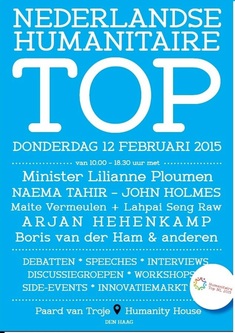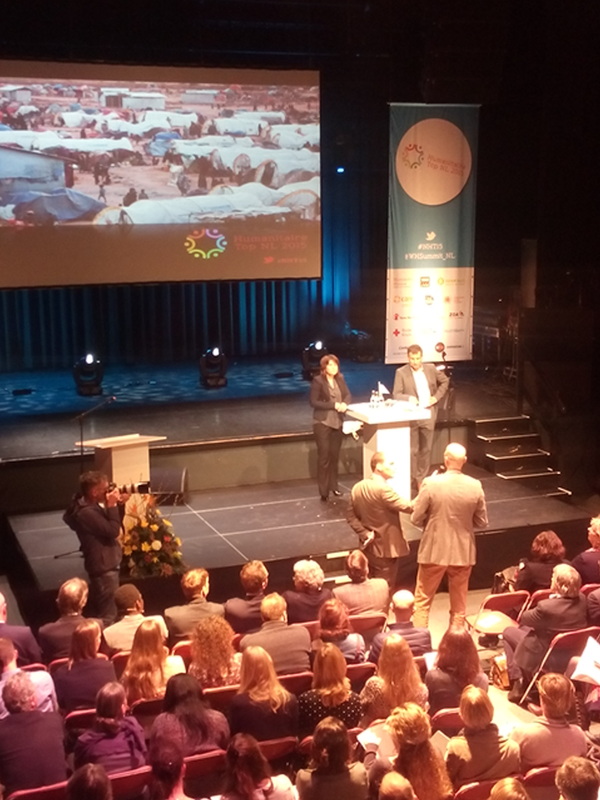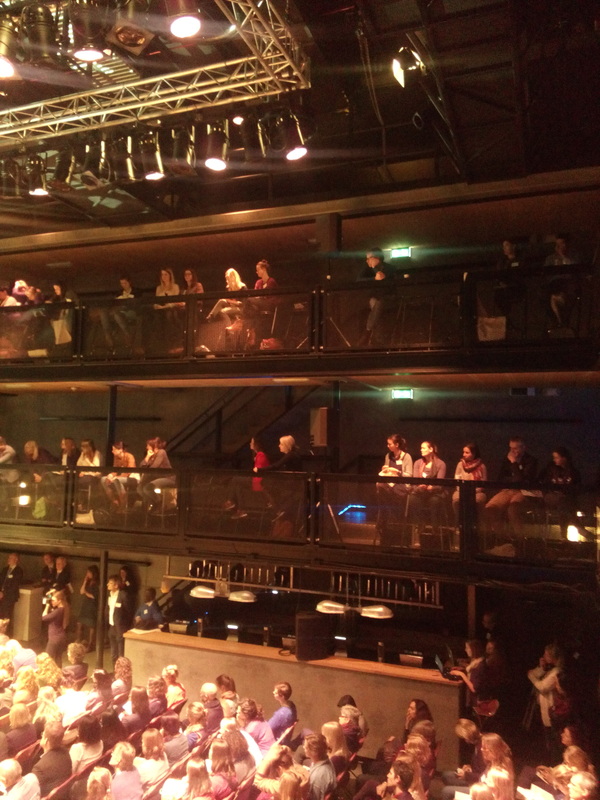 In her policy review of humanitarian aid and Dutch humanitarian aid in particular, Prof. Thea Hilhorst referred to the shortcomings of the humanitarian system in the following way: "Humanitarian aid is provided in politically complex circumstances, where aid organizations are often charged with duties that are the result of political failure in crises" (Hillhorst, 2014). The usual suspects of a failing humanitarian aid operation are the aid organizations themselves. Much less frequent is being evaluated how they were victim of dead serious gaming at the political level. political dialogue When I was handed Prof. Costantinos book "Unleashing Africa's resilience" that I reported on in my previous blog, he also gave me a digital copy of another 700 pages volume not yet published work on diaster recovery management the African way. I was struck by the recognition from his side that many crises and subsequent failure of aid could be attributed to the lack of political dialogue within countries on a variety of issues. In his analysis more effective crisis management will be preceded by civil society strenghtening, triggering or fostering a politcal dialogue with decision-makers. needs based vs rights based approaches Picking up on the plea for a political dialgue, the needs based approaches that have dominated the humanitarian aid agenda should be replaced by a rights based approach. This will place the political dialogue on vulnerabilty and resilience centre stage. Sovereignty of states in their responsibilty to protect (R2P) is challenged when states fail to implement this responsibility or even contribute to an increase in vulnerability of its citizens. Should humanitarian aid agencies continue to uphold the effective aid principles as defined in Paris back in 2005? The relief to development continuum doctrine would normally ask for that. Country ownership, alignment to local systems of aid delivery and harmonization of aid policies is something highly valued by aid agencies. What if those systems are geared towards benefiting one particular ethnic or religious group over another? The UN, bound to work in coordination with state parties in programming like through UN-OCHA, may not be well posiitoned to deliver aid or take a coordinating role in such situations. aid delivery Diversification of aid delivery mechanisms and instruments, like opening up of the Centrally Emervency Response Fund (CERF) to non-state actors will reduce the potential manipulation of the system and contribute to a better outreach to people who face challenges in safeguarding their right to food. A decentralised response mechanism would connect external aid delivery agents directly to local reponse coördinators with the UN as a protective shield mainly focussed at ensuring humanitarian access. regional approaches Issues linked to state sovereignty come into play very quickly. One way to work around it as a global aid community is to follow a regional approach, that requires countries to be their peer-reviewers when it comes to the responsibility to protect. Nations are sensitive to instability across national boundaries as it may cause large influxes of refugees and/or rebel groups that look for hide-outs in neighbouring countries. In the Horn of Africa for instance IGAD has taken this role of regional conflict monitoring and heads of states and their senior staff meet occassionally and do a joint analysis of the security situation in their respective countries. State building The western practice in state building has contributed to the secularization and materialization of politics in African countries, including systems of patronage. The recent strive for power of a political Islam can be seen as a reaction to this disconnect between peoples values and the type of governance that is in place. In most cases the state as an institution was introduced by former colonial powers. The political dialogue, rooted in peoples beliefs and convictions, is merely absent prohibiting the exchange and cross-fertilization of different perspectives. Subsequent civil service reforms were mostly politically motivated, undermining the unbiased public duty of civil servants. Public servants are recruited based on their allegiance to the dominant ruling ideology rather than being selected based on their technical skills set. Netherlands Humanitarian Summit Last week the Netherlands Humanitarian Summit took place in The Hague, in preparation to the global one early 2016 in Istanbul. A good opportunity to compare notes globally, hopefully with communities of disaster prone areas in the lead and supported by strong academic performance that provides for evidence based public policy development and providing space for innovation. New governance models may need to be forged that will undo some of the ugly intertwining of political and academic research agenda's.
0 Comments
|
About meMy name is Reinier van Hoffen. U®Reading
Click here for a summary.
Also find the text of a lecture Dr. Achterhuis held at the 2012 Bilderberg conference. Archives
August 2022
|
AddressNachtegaallaan 26
Ede, the Netherlands |
Telephone+31 (0)6 1429 1569
|
info@uraide.nl
|


 RSS Feed
RSS Feed
















